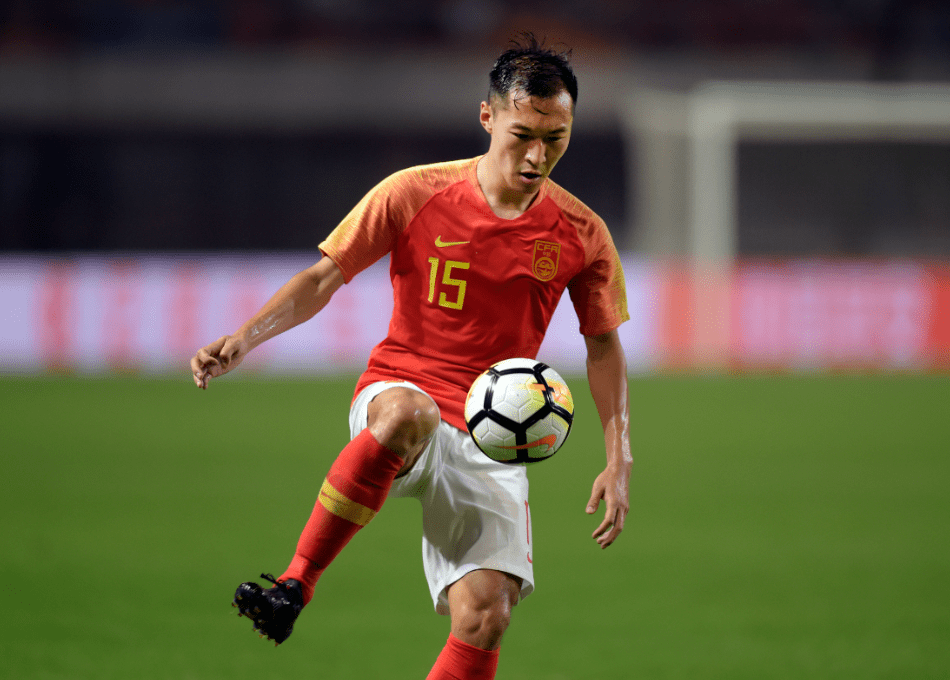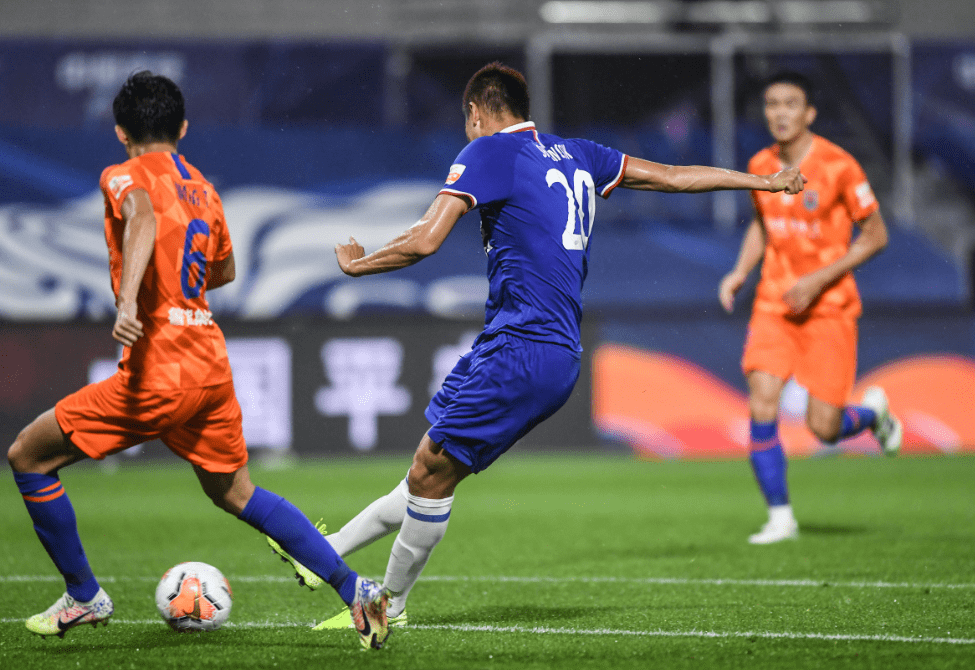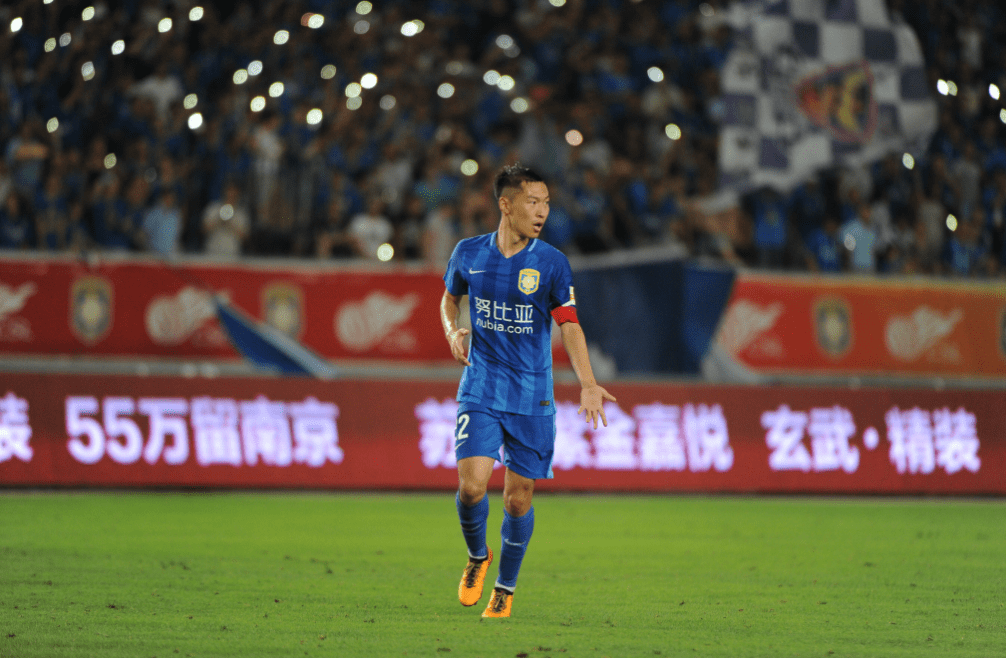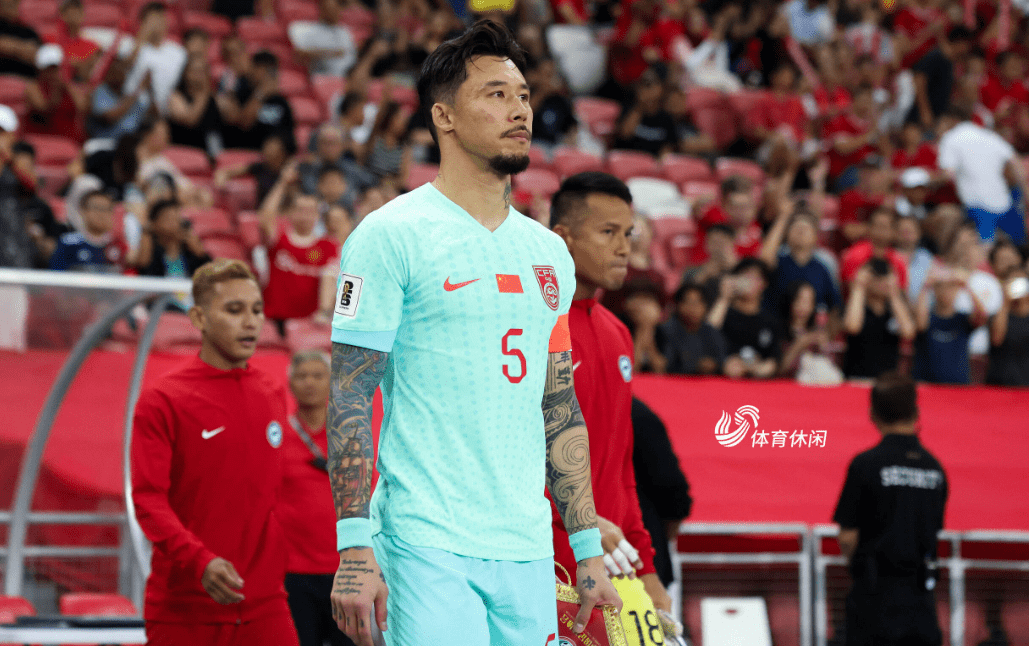Recently, a series of withdrawal incidents has once again made Chinese football the focus of public opinion. From the national team captain Wu Xi's voluntary application for withdrawal, to the departure of naturalized players Alan and Fernandinho, and then to Zhang Linpeng's "withdrawal incident", many fans began to ask: "What's wrong with Chinese football? Are the national players unable to see hope, or is there another hidden situation?" Withdrawal is an individual choice, but when a group of players withdraw from the national team one after another, things become intriguing. Is this a coincidence, or are there problems with the management and environment of the national team?

What is even more disturbing is that in the face of these withdrawals, the attitude of the national team coach Ivan Kozlovic seems surprisingly "calm," with almost no intention of retaining them, and even with a hint of "closing the door and leaving." Behind this cold treatment, is it absolute confidence, or is it going with the flow out of helplessness? To understand what's behind this, we have to start with a few things.

First, let's talk about Wu Xi. As the captain of the national team, his withdrawal application is undoubtedly the most shocking. According to Wu Xi's own statement, he withdrew because of "insufficient ability" and did not want to drag down the national team. However, as a veteran who has been playing in the top league of Chinese football for many years and a midfielder who was once highly regarded, how could he suddenly doubt his ability? This sounds like a sincere self-reflection, but upon closer examination, it seems to lack persuasiveness.

Even if Wu Xi really feels that his state has declined, the national team does not only look at personal ability, but also at a player's mental attributes and leadership role. Especially for a captain like him, experience and sense of responsibility are more important than ability itself. Ivan Kozlovic chose to approve his withdrawal application without hesitation, which seems strange. Is Ivan dissatisfied with Wu Xi's performance? Or does he simply not need veterans like Wu Xi? There is currently no clear answer to this question.

Compared to Wu Xi's "insufficient ability" argument, the withdrawal of naturalized players makes people feel a sense of powerlessness. Alan and Fernandinho, one because of old age and unwilling to "go back and forth," the other because of difficulties in renewing their contract with the club and missing training, both have reasons that sound reasonable, but upon closer examination, they seem a bit off.

Naturalized players were introduced to solve the "shortcomings" of the national team, but now these "special forces" are beginning to withdraw one by one. Is this a personal choice, or is there a problem with China's naturalization policy itself? On the surface, Alan and Fernandinho's withdrawal does have personal reasons. Alan is already over thirty, and retiring to Brazil is a natural choice; Fernandinho hesitates between the club and the national team, after all, the "rice bowl" issue cannot be ignored. However, looking deeper, their withdrawal reflects some loopholes in China's naturalization policy.

The introduction of naturalized players was a bold attempt, but the problem is that these players often have less sense of belonging to the national team than those born and raised locally. Coupled with uncertainties in policy and conflicts of interest between clubs and the national team, naturalized players can easily find themselves in a dilemma. This time, Alan and Fernandinho's withdrawal may be a reflection of the difficulty in implementing the naturalization policy.

In addition to Wu Xi and the naturalized players, Zhang Linpeng's withdrawal incident is also an issue that cannot be avoided. In last year's East Asian Cup, China's performance was poor, with multiple losses drawing criticism from the outside world. In this context, Zhang Linpeng suddenly announced his withdrawal from the national team, causing quite a stir. Although Zhang Linpeng later did not officially submit a withdrawal application, Ivan Kozlovic has not called him up since then. The subtle relationship between them is unknown to the outside world, but it can be confirmed that the losses during the East Asian Cup and the criticism from the outside world have caused cracks in the trust within the team.

Zhang Linpeng's withdrawal rumors are likely due to his dissatisfaction with Ivan's tactical arrangements or training methods. And Ivan did not make any attempts to retain him, but instead "coldly handled" the matter, which once again reflects his consistent management style - players who do not want to stay can leave at any time. In this regard, Ivan's attitude can be said to be quite tough, but it also makes people worry whether this "one-size-fits-all" approach will further exacerbate the division within the team.
After a series of withdrawal incidents, Ivan did not choose to complain or get entangled in the issue of veterans leaving. Instead, he seized the opportunity to boldly support newcomers and quickly promote a group of young players. Young players like Lin Liangming, Xu Haoyang, and Wang Ziming have recently shown promising performances. This "rebuilding from scratch" approach indeed reflects Ivan's courage and determination.
However, behind this boldness lies risks. Although young players' performances are full of vitality, they often need more time and opportunities to train in terms of match experience and psychological quality. If newcomers cannot handle the pressure in major competitions, the overall combat effectiveness of the national team may further decline. Supporting newcomers is a necessary choice, but whether they can truly support the future of the national team remains to be tested by time.
After all, behind this series of withdrawal events, it reflects structural problems in Chinese football. From the active withdrawal of veterans to the dilemma of naturalized players staying or leaving, and then to the reorganization of the newcomer system, all contradictions ultimately point to a core question: Can the management and environment of Chinese football provide a stable and attractive platform for players?
Ivan Kozlovic's management style is undoubtedly calm and rational. He dares to let unsuitable people go and dares to provide opportunities for newcomers. This approach may cause controversy in the short term, but in the long run, it may inject more vitality into the national team. However, relying on the efforts of a single coach is obviously not enough. If Chinese football cannot solve fundamental problems in policies, management, and a sense of belonging, then no matter how many newcomers rise to prominence, it would only be "drinking poison to quench thirst."
The future of Chinese football lies in both reform and heritage. How to let veterans retire with dignity, let newcomers withstand pressure, and how to stop naturalized players from wavering - the answers to these questions may be the key to determining the fate of the national team.
(Disclaimer) The article describes processes and pictures sourced from the Internet. This article aims to promote positive social energy and has no vulgar or inappropriate content. If there are copyright or personal infringement issues, please contact us in time, and we will delete the content immediately! If there are any questionable parts of the event, we will delete or modify it immediately after contacting us!